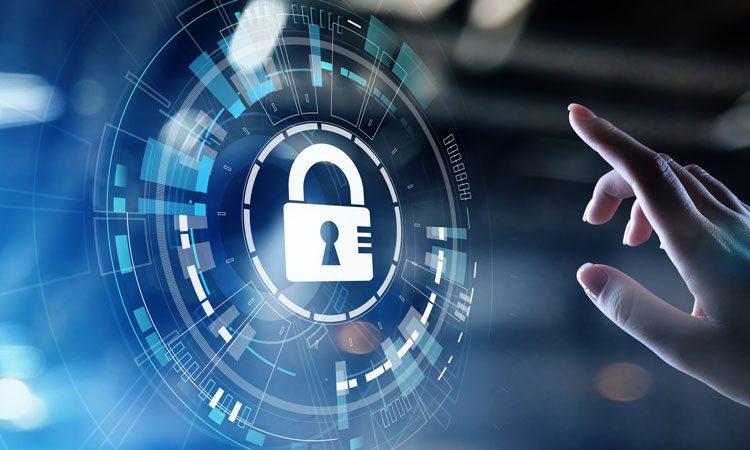Cyber-Security

To protect our mobile devices, computers, networks, databases and electronic devices from malicious attacks, they are defended by different types of cyber-securities.
The Threat of cyber-attacks or also cybercrime are increasing for many years and countries as well as companies spend billions of dollars to protect themselves against these kinds of attacks.
Cyber-security also known as information technology security or electronic information security can be divided into these groups: Network security which is about securing your own personal computer network from hackers or malware. Applications security which focuses on protecting the software from attacks and are usually designed into the Application from the beginning. Information security is for securing our privacy from potential attackers who have in mind to misuse private information. Operational security is defined by securing the permissions a certain user has or how and where data is accessible. Disaster recovery and business continuity are essential for companies in the case of loss of important files or how to respond in case of a security breach that will have an impact on the company. At last there is End-user education, which is teaching users as you and me to be careful on the internet by deleting suspicious emails and always use secured websites, which are by the “https” in the beginning of the URL. In conclusion each of these categories are how different segments respond or protect them self against the threat of cybercrime.
Cyber-attack, Cybercrime and Cyberterror are three different ways to categories the threats against us. Cybercrime is usually done for gaining something financial or disrupting something. Cyber-attacks are usually politically motivated, and they are typical done for information gathering. Cyberterror like normal terror is defines by the intended of causing panic or fear, in this case by undermining electronic systems.
Some of the common method used by attackers are viruses, worms, spyware, Trojans and ransomware. While viruses and worms are in most cases used to damage file or systems, they are also able to self-replicate. On the other hand, Trojans and spyware are frequently used for collecting data and information. Ransomware works like blackmailing, it will wait for the opportunity to encrypt all your information, and then demand a payment to get your information back again. Malicious is a code that hides in emails and different kind of download files, and when downloaded from either mail or a website then unleashes the malware payload it is carrying.
No one is really safe from the threat of getting hacked or spied on, it affects all industries no matter of the size. The most attacked industries in recent years have been governments, manufacturing, finance and healthcare. In the end is all about the data and financial, which is the reason why these industries have a bigger threat than other, but even though, all companies that uses network can be a target for these kinds of attacks, to get their customer data or espionage.
To prevent this many business seek help at companies that are specialized in cyber-security, one of the leading company in this business is CSIS Group, they offer a 24/7 security with some of the most innovative solutions.